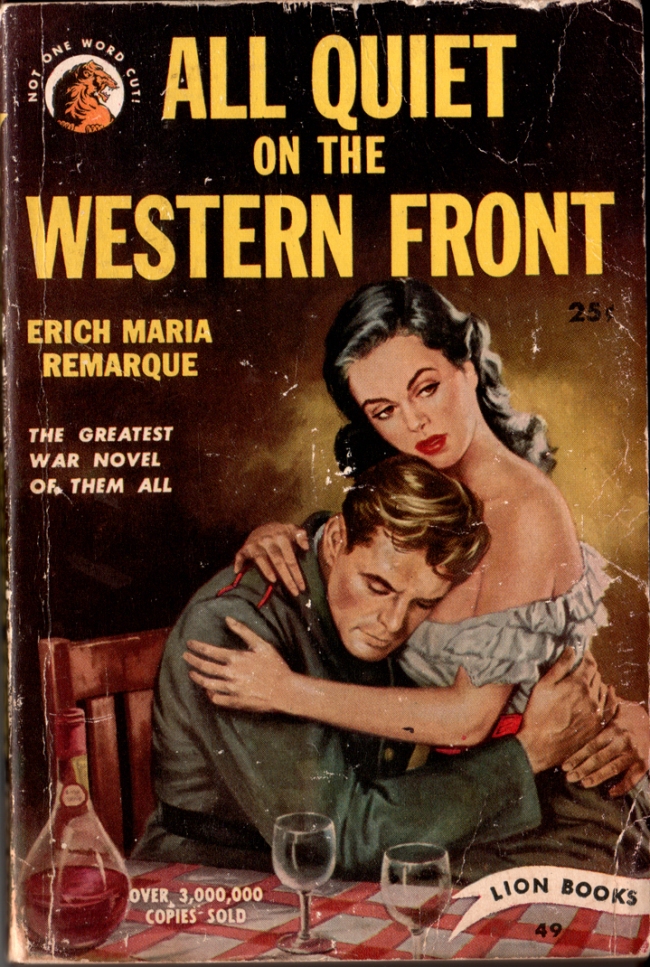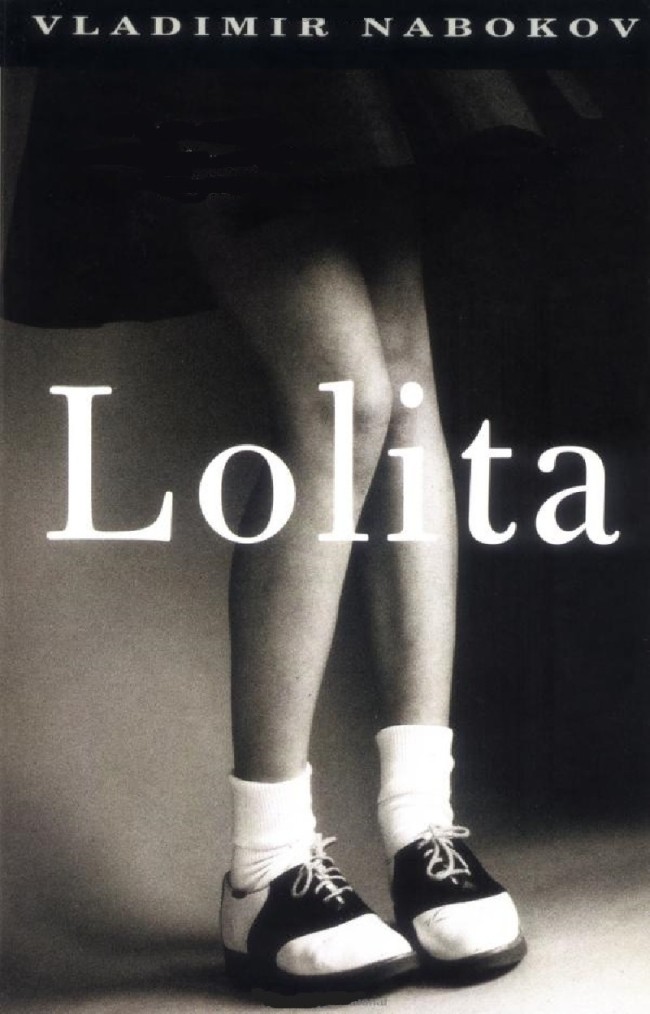
As a child, Kathy – now thirty-one years old – lived at Hailsham, a private school in the scenic English countryside where the children were sheltered from the outside world, brought up to believe that they were special and that their well-being was crucial not only for themselves but for the society they would eventually enter. Kathy had long ago put this idyllic past behind her, but when two of her Hailsham friends come back into her life, she stops resisting the pull of memory.
And so, as her friendship with Ruth is rekindled, and as the feelings that long ago fueled her adolescent crush on Tommy begin to deepen into love, Kathy recalls their years at Hailsham. She describes happy scenes of boys and girls growing up together, unperturbed – even comforted – by their isolation. But she describes other scenes as well: of discord and misunderstanding that hint at a dark secret behind Hailsham’s nurturing facade. With the dawning clarity of hindsight, the three friends are compelled to face the truth about their childhood–and about their lives now. (x)
Just a few days ago, I finished “Never Let Me Go” by Ishiguro Kazuo. (Or Kazuo Ishiguro; I’m not sure, because I have a couple different sources telling me different things? I’m not familiar with the Japanese naming convention, sorry!) A friend recommended it to me with the highest praises, telling me (and I quote) it would “rip my heart out of my chest and beat it into the ground with a baseball bat.”
Well then.
Never Let Me Go was, simply, a beautiful book. It’s easy to read; honestly, this review is going to be only a few sentences long as I’m still unable to find the words to describe what it was like reading this book. The entire time I was reading, I felt like I was at Hailsham, looking out into the fields and walking with the characters as they gossiped amongst themselves. If I could describe Never Let Me Go in a feeling or thought, it would be tucked up in your blankets, by yourself, watching it rain outside your window.
All I can say thus far is that the ending, while painful, was honestly the only way the book could end, and epitomized the tone of the entire story – nostalgic and a little sad and a little beautiful.




